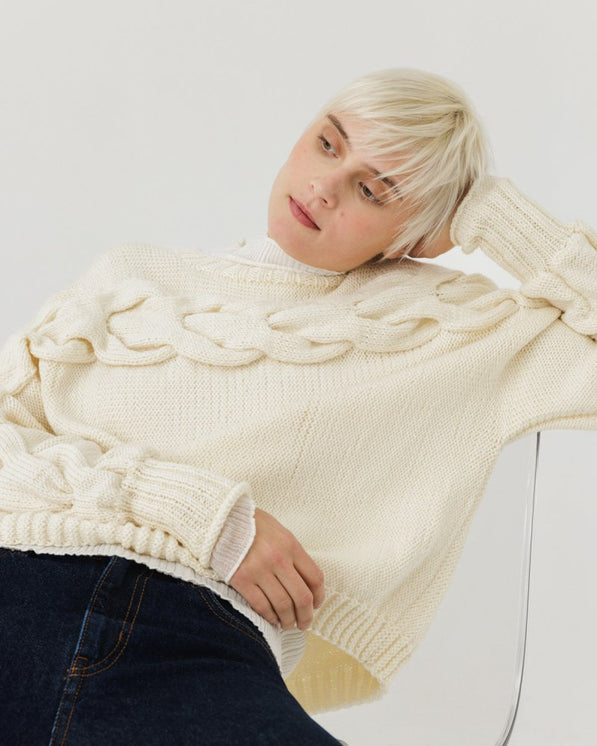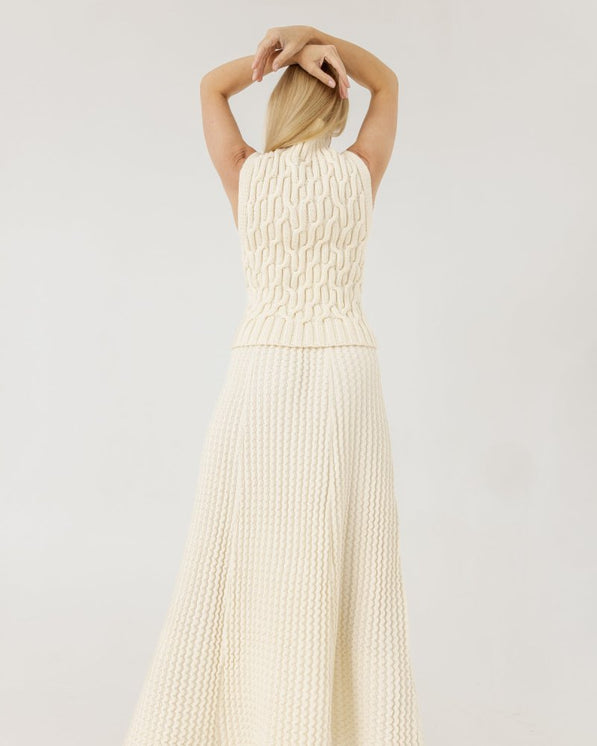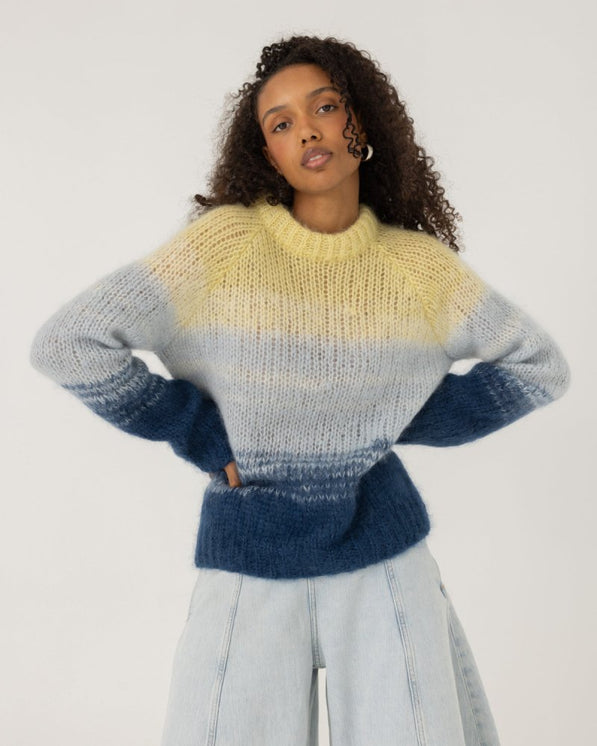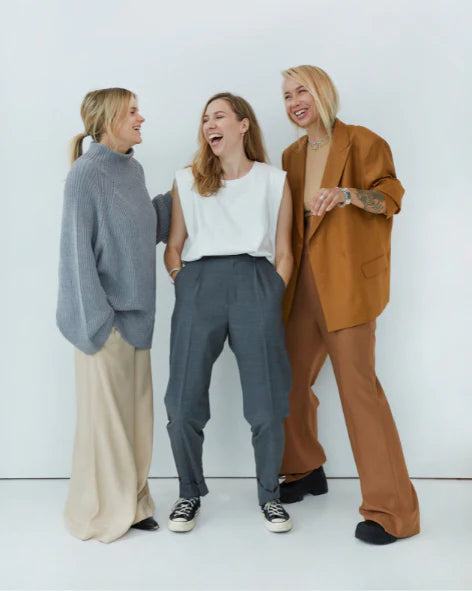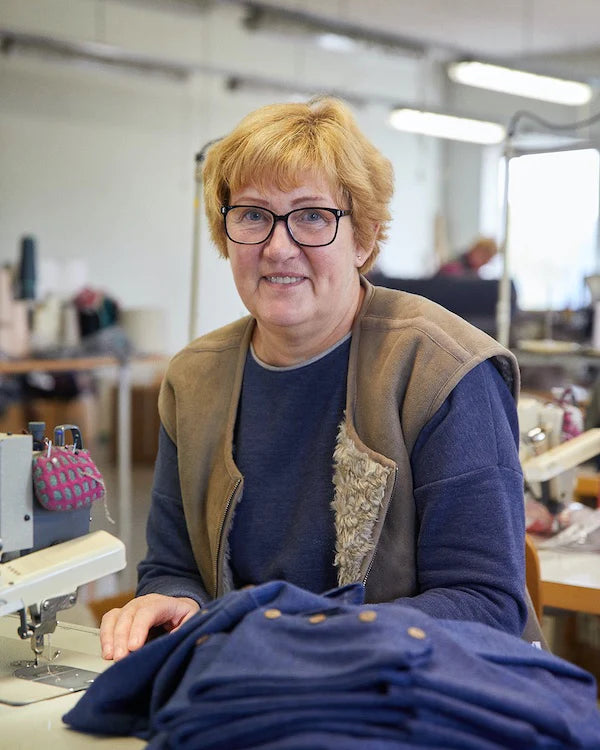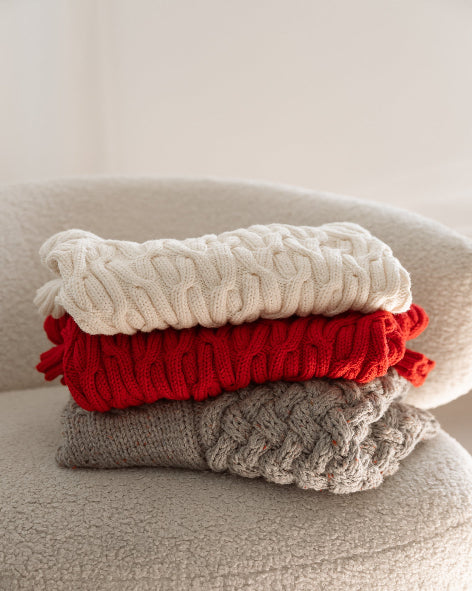Sure, our knits are designed to look good. But we care about people and the planet, too.

KNITS UP TO 50% OFF. U.S. TAXES & DUTIES INCLUDED.
KNITS UP TO 50% OFF. U.S. TAXES & DUTIES INCLUDED.
Use less text on mobile!
Call attention to a special discount, feature, or promotion here.
